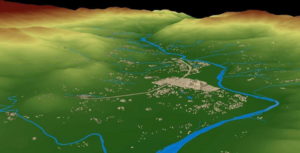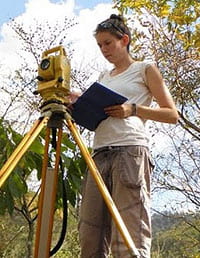
This Saturday, December 7th is the next lecture in the AIA series. In this lecture Dr. Landau addresses the questions of how political leaders come to power and why others choose to follow. This talk examines the dynamics of political integration between the neighborhood of San Lucas and the central government of Copán, a UNESCO World Heritage Site in Honduras. The ancient city of Copán is unique for its 200 years of intensive research on temples and tombs, and the decipherment of Maya hieroglyphic writing. This extraordinary work has revealed a wealth of information about the history and politics of Maya royalty. However, archaeologists understand much less about everyday life for the majority of people living outside of the city center. Mapping and excavation in the urban neighborhood of San Lucas reveals how ancient residents actively negotiated with the top-down power strategies of Copan elites. This bottom-up approach has also inspired grassroots collaboration with an indigenous high school to teach a year-long introductory anthropology course; which highlights how major anthropological questions are relevant for past and contemporary people.

Kristin Landau (PhD, Northwestern University) is Assistant Professor of Anthropology at Alma College. Since 2005 she has conducted community-based archaeology at the ancient city of Copán, Honduras, a UNESCO World Heritage Site. Specifically, she investigates the dynamic relationship between centralized power and everyday life within Copán’s urban neighborhoods, providing a bottom-up perspective to questions of state formation. She also works collaboratively with local indigenous leaders to promote science and heritage education. By linking past and present, she highlights how archaeology is relevant for contemporary people.

